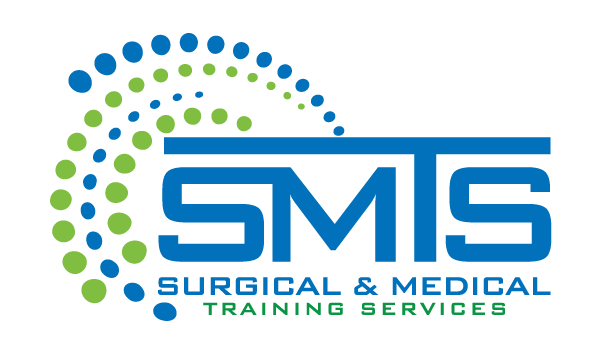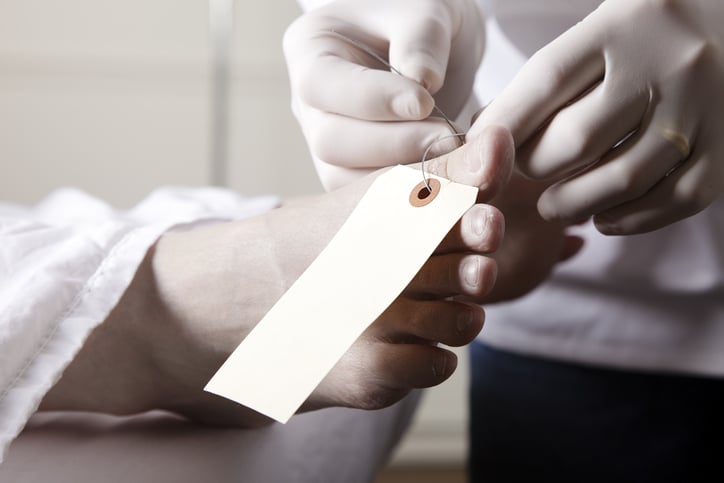As technologies have improved, an increasing number of healthcare personnel receive training that is heavily reliant on simulation. Additionally, mannequins have improved in an effort to increase their lifelikeness. However advantageous current training may be for professionals like EMS and other first responders, there is no way that either virtual reality nor mannequins can replicate the variances of human anatomy. Multiple studies have indicated that surgeons, nurses, and other healthcare professionals demonstrate improved anatomical knowledge after participating in some type of cadaver training. Now, the same is being said of first responders.
Similar to bioskills training courses for surgeons, physicians, and nurses, cadaver training for first responders takes textbook knowledge and translates it into hands-on practice. Listening and watching only takes one so far in their educational advancement. For skills to become fully integrated takes practice. Those who are on the front-lines of medical emergencies have precious minutes in which to make important decisions for their patients. Their skills need to be integrated quickly, preferably before they engage in real-time situations.
Cadaver training for first responders presents the opportunity to practice life-saving interventions such as intubation, chest decompression, emergency tracheotomy, cricothyrotomy, and inter-osteo procedures. These interventions, performed on plastic simulations, provide technical understanding but fall short of enabling the EMT or other professional to fully understand what it is like to work on a human body.
SMTS – Surgical & Medical Training Services is proud to offer cadaver training lab services to paramedics, EMT trainees, fire department personnel, and all other first responders. Hands-on training with a cadaver provides the most realistic experience for healthcare providers. The familiarity with human tissue and internal organs that is gained through cadaver training significantly increases situational awareness during real-life emergencies.
Learn more about our national training facilities and how we manage the details of your training course for you. Call (888) 801-9444.

